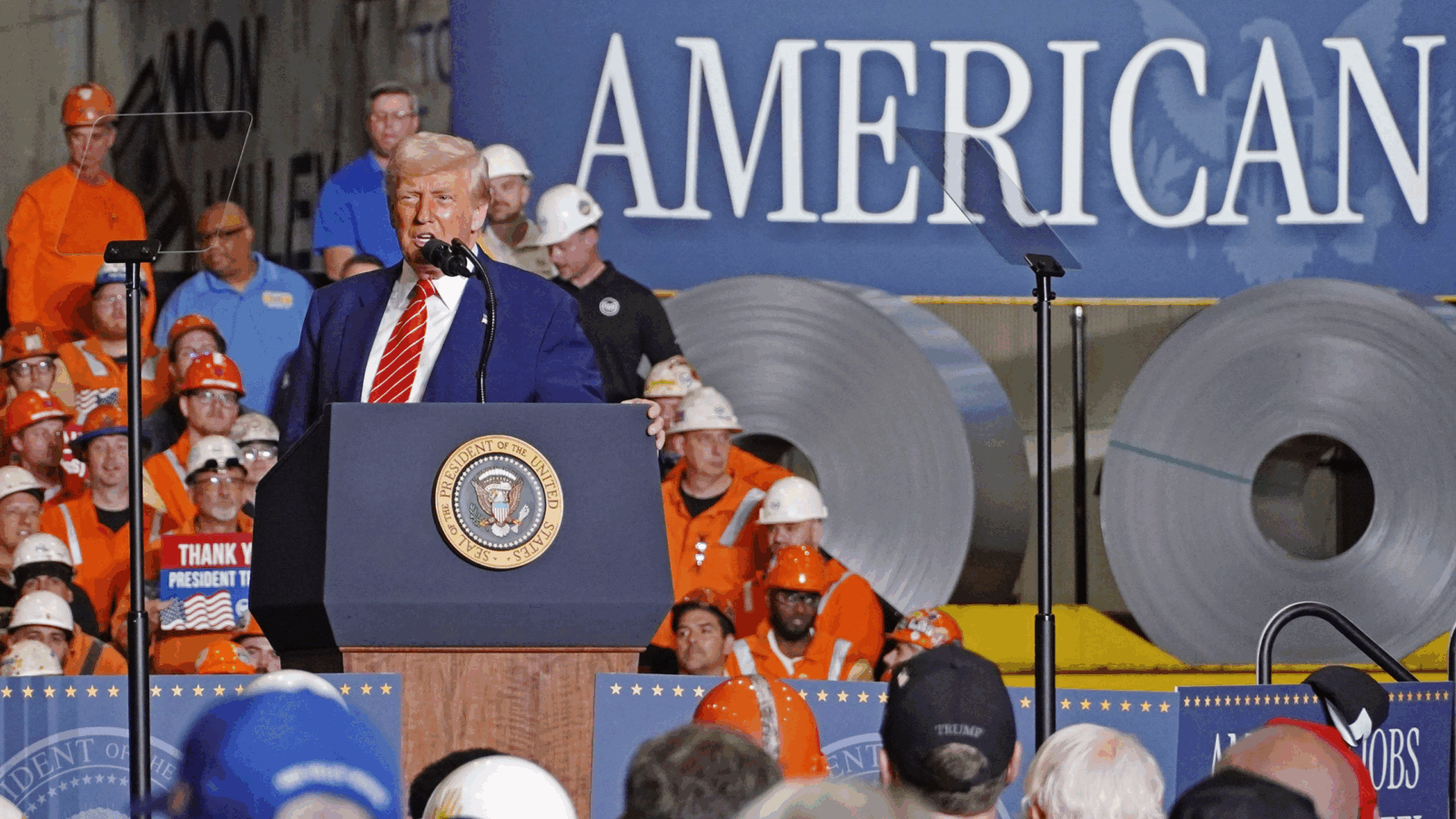
Sign up for smart news, insights, and analysis on the biggest financial stories of the day.
Ordinarily, European antitrust regulators wouldn’t take notice of a whipper-snapper like Illumina, the San Diego-based gene-sequencing company. After all, Illumina doesn’t have any revenue in the EU. That’s right — not a single euro cent coin.
But that didn’t stop the European Commission from barring Illumina’s acquisition of biotechnology company Grail for $7.1 billion — a decision Illumina plans to appeal — based on regulators’ concerns about possible misbehavior sometime in the future. And that should put every company on notice.
Stranger Than Prescription
Last year the bloc announced an expansion of oversight powers to include merger-and-acquisitions of companies that could become big players in innovation areas. Now, Illumina’s case is potentially precedent-setting.
The final result could have enormous implications for global business, putting heightened European scrutiny on companies with little or no revenue in the bloc, and may already be lost:
- Illumina manufactures genetic-sequencing machines and the chemicals they use while Grail, which was spun off from Illumina to begin with, makes cancer screening tests. Margrethe Vestager, the European Commission’s chief competition regulator, said the rationale for blocking the deal was to “preserve competition between early cancer detection test developers at this critical stage of development,” while Illumina argued the merger would make Grail’s cancer tests cheaper and more widely available.
- Last month, Illumina said it put aside $453 million in contingency funds for a potential fine from the EC, but a full block means its options are slim. Even if Illumina wins at appeal, the EC could appeal that decision and leave the deal in legal limbo for years — “Usually when mergers are blocked, they are dead,” Salomé Cisnal de Ugarte, a lawyer at King & Spalding LLP told The Wall Street Journal.
Reverse Position: Anti-competitiveness, like beauty, is in the eye of the beholder. Last week, Illumina won a US Federal Trade Commission lawsuit after the agency sued in its own in-house court to block the Grail acquisition. The FTC appealed the administrative law judge’s decision, meaning that for the same proposed merger Illumina is launching an appeal in Europe and the subject of one in America. Regulators on both sides of the Atlantic may be content to hand them a Pyrrhic victory.











